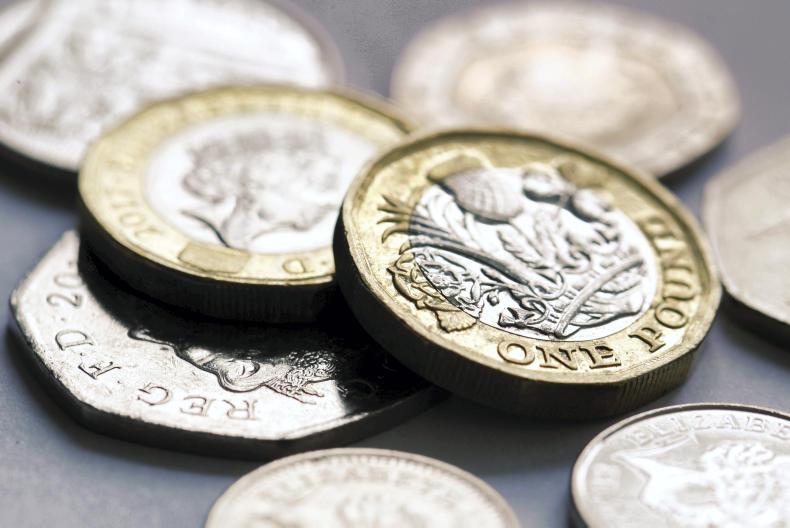It’s a wonder there isn’t more money in farming because it turns out farmers invented the stuff in the first place.
A key lesson for me from David McWilliams’s new book, Money, is that the first farmers were responsible for much more than just producing food.
The move away from getting food by hunting and gathering to growing crops and rearing animals was arguably the biggest change to ever happen humanity.
However, McWilliams states that this change didn’t happen overnight. It probably took thousands of years whilst hunter-gathers were “doing a little side hustle in farming”.
“Part-time farming was likely the norm for millennia, until we got better at it,” the Irish economist writes.
The start of agriculture meant people roamed less and settled around areas where there was the best-quality land for producing food.
McWilliams also states that the first livestock farmers paid a heavy price for being in closer proximity to animals, as diseases jumped to humans who had next to no immunity.
“From around 10,000 BCE to around 5,000 BCE, the cow and pig constituted as much of a threat to us as we did to them,” he writes.
When farming eventually kicked off in earnest, food surpluses transformed human society and led to population growth. In the 5,000 years running up to the time of Christ, world population rose 20-fold to roughly 100m people.
Story of money
The crux of McWilliams’s book is the story of money and how it changed humanity. The outset of this story is where the farmers come in. The first money was based around grain as it gave money “a universal value”.
This was an easy-to-understand system where a specific quantity of grain corresponded to something like a day’s labour or a fattened lamb.
McWilliams gives the example of an early currency in present-day Iraq where one “shekel” was equivalent to a bushel of barley.
Crucially, all this was only possible because of surplus food production. If all grain was consumed by the grower, then it would not form the basis of money and there would be little human progress.
Who knew that the first economic crash happened in the agricultural land market in Imperial Rome?
“A society that can more than feed itself from its agricultural output becomes more sophisticated,” he writes.
“It can sustain priests, soldiers, traders, merchants and scribes, as well as the aristocracy, royal family and various other hangers-on.”
The book covers a fascinating journey from the first farmers, to the invention of coins, the rise of the US dollar, to modern-day cryptocurrency.
Farming rears its head several times throughout the book. Who knew that the first economic crash happened in the agricultural land market in Imperial Rome?
Similarly, the arrival of the plough in Europe in the Early Middle Ages expanded agricultural surpluses again, pushed down the price of food, and led to the emergence of disposable income and free time for some.
Thinking differently
McWilliams is excellent at explaining complex ideas in simple language. His writing has a mix of opinion and humour which makes it easy and enjoyable to read. He makes the reader think differently about money and society in general.
For example, even though money is something that guides a lot of what we think and do, how often do we think about what money actually is? The £5 note in my pocket is just a piece of plastic after all.
McWilliams describes money as “a product of the human imagination” which is only given value “as long as the rest of us believe in it”.
A lot has changed since money was invented several thousand years ago. But then again, could it be argued that some things haven’t changed at all?
Farmers still need to keep producing those all-important food surpluses to sustain everyone else in society.







 This is a subscriber-only article
This is a subscriber-only article










SHARING OPTIONS: